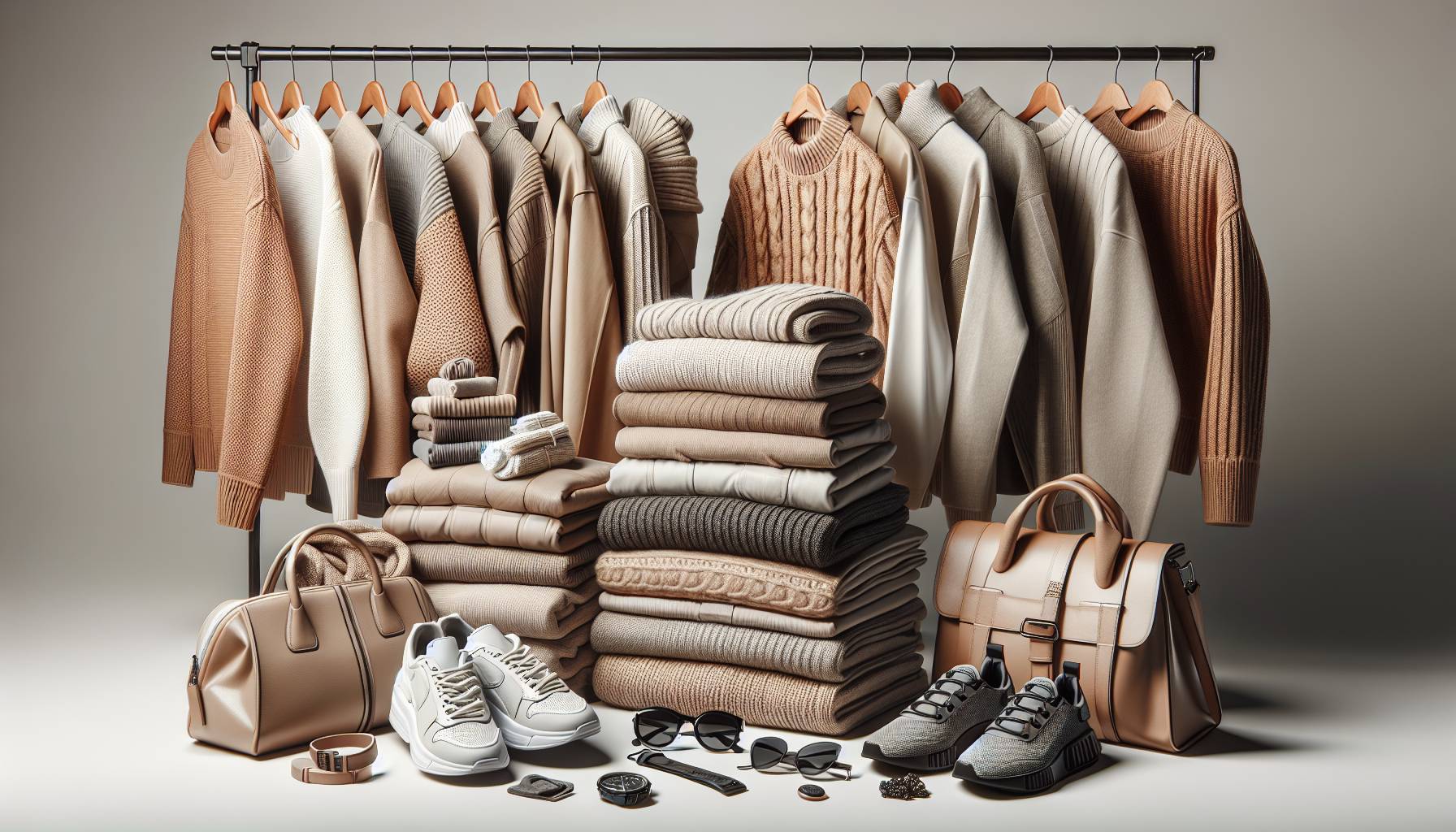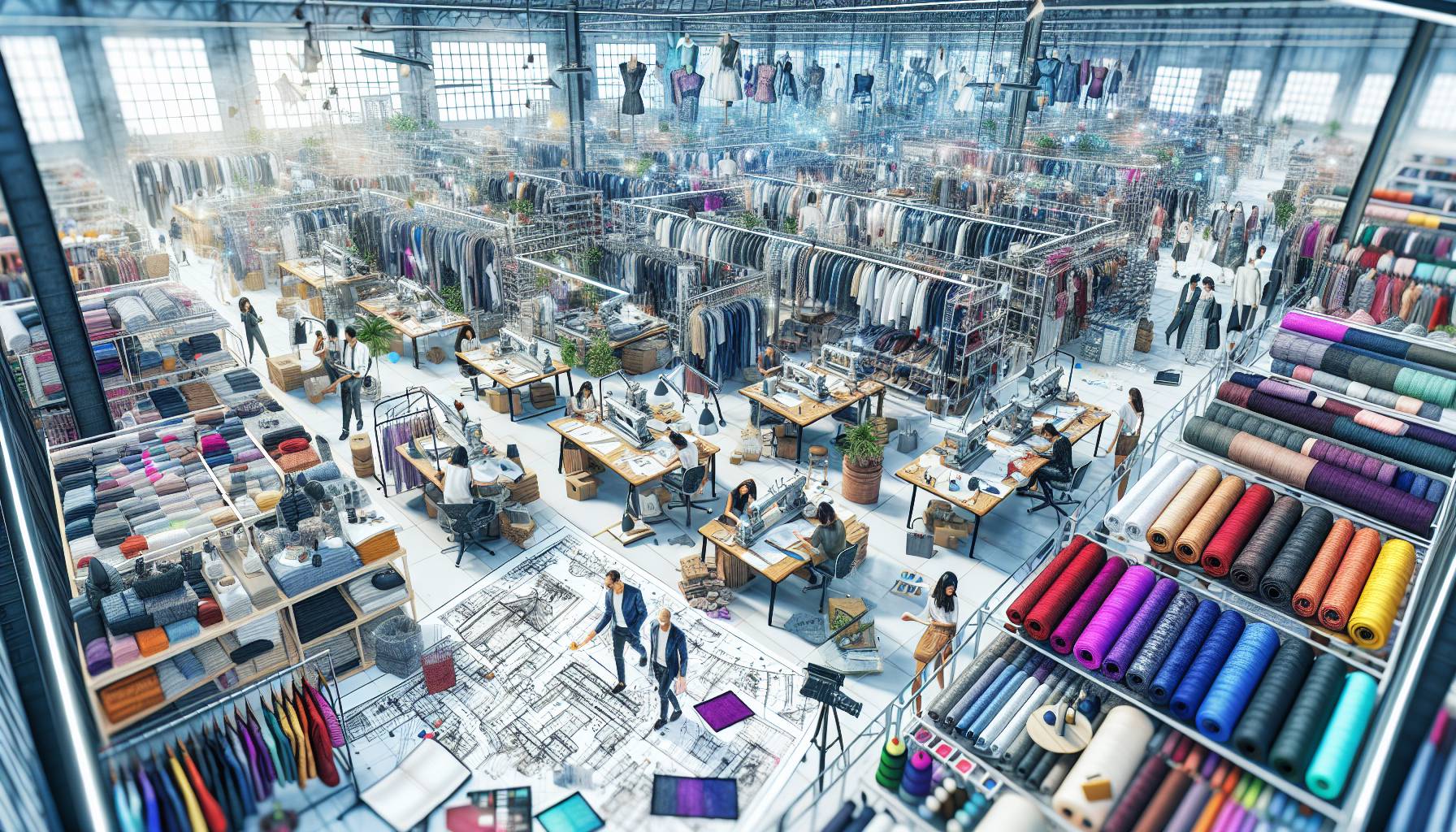Joan Rivers critiques Met Gala fashion
Joan Rivers didn’t miss a beat when it came to dissecting this year’s Met Gala ensembles. Known for her razor-sharp fashion commentary, she delivered a series of candid takes that ranged from enthusiastic praise to her trademark biting humour. Rivers applauded several celebrities for embracing the event’s theme with originality and flair, singling out a few for their daring silhouettes and imaginative styling.
“Now that’s how you make an entrance,” she quipped about one star’s dramatic couture gown, complete with a sweeping train and intricate beadwork. She was equally impressed by a male celebrity who broke convention with a gender-fluid ensemble, noting, “He understood the assignment — and then rewrote it.”
But not everyone escaped unscathed. Rivers didn’t hesitate to call out what she saw as lazy styling and uninspired choices. “If you’re going to show up in a black tuxedo with no twist, stay home and watch it on telly,” she remarked, referencing a handful of attendees who played it safe. She also took aim at those who seemed more focused on being photographed than making a fashion statement.
“It’s the Met Gala, not a cocktail party in Bondi. You’ve got to bring drama, darling!”
Her critiques, though sharp, were rooted in her deep appreciation for fashion as an art form. She emphasised the importance of storytelling through clothing, especially at an event as iconic as the Met Gala. For Rivers, the red carpet wasn’t just a photo op — it was a runway for creativity, risk-taking, and self-expression.
Influencers take the spotlight on the red carpet
As the cameras flashed and the red carpet unfurled, a new wave of attendees took centre stage — social media influencers, content creators, and digital personalities who’ve built their fame outside traditional Hollywood circles. Joan Rivers, never one to shy away from a hot topic, had plenty to say about this shift in the Met Gala’s guest list. While she acknowledged the changing landscape of celebrity, she questioned whether all influencers had earned their place among fashion’s elite.
“Some of these kids have millions of followers but no sense of style,” she said with a raised brow. “It’s not enough to have a ring light and a TikTok account — this is the Met Gala, not a sponsored brunch in Surry Hills.”
Rivers pointed out that while a few influencers brought genuine fashion flair to the event, others seemed more interested in brand partnerships than sartorial storytelling. She noted that the red carpet, once dominated by designers and A-listers, now included faces more familiar from Instagram reels than from film or fashion runways.
- One influencer arrived in a heavily branded ensemble that Rivers described as “more billboard than ballgown.”
- Another, known for viral dance videos, wore a look that Rivers said “belonged in a nightclub, not on the steps of the Met.”
- However, she did tip her hat to a few digital stars who embraced the theme with creativity and respect for the event’s legacy.
Despite her critiques, Rivers recognised the influence these new attendees wield. “They’ve got reach, I’ll give them that,” she admitted. “But reach doesn’t always equal relevance — especially when it comes to fashion.” Her comments reflected a broader conversation about the evolving definition of celebrity and the role of social media in shaping cultural moments.
“If you’re going to walk those steps, you better bring more than followers — bring fashion, bring flair, bring something we haven’t seen before.”
For Rivers, the red carpet is sacred ground — a place where style should speak louder than social metrics. And while she welcomed fresh faces, she made it clear that the Met Gala is no place for mediocrity, no matter how many likes you’ve got.
Balancing tradition and digital fame
Joan Rivers didn’t mince words when it came to the delicate balance between honouring the Met Gala’s storied traditions and embracing the digital age’s new wave of fame. She acknowledged that the fashion world, like everything else, evolves — but she was adamant that evolution shouldn’t mean dilution. For Rivers, the Met Gala has always been a celebration of artistry, craftsmanship, and bold vision — not just a backdrop for selfies and sponsored content.
“There’s a difference between being famous and being fashionable,” she said. “One is earned, the other is often just uploaded.”
She expressed concern that the event’s original spirit — a curated gathering of designers, muses, and cultural icons — was being overshadowed by the algorithm. While she didn’t dismiss the power of digital influence, she questioned whether the Met Gala was the right platform for those whose fame is built more on virality than on verve.
Still, Rivers wasn’t entirely dismissive of the new guard. She praised those influencers who took the time to understand the theme, collaborate with designers, and treat the event with the reverence it deserves. She cited one Australian content creator who worked with a local designer to create a look that paid homage to both the Gala’s theme and their cultural roots — a move Rivers called “a masterclass in modern relevance.”
- She applauded attendees who used their platform to spotlight emerging designers, especially those from underrepresented communities.
- She encouraged digital stars to do their homework — to learn the history of the Met Gala and approach it with the same seriousness as a seasoned actor or fashion veteran.
- She warned against turning the red carpet into a “content farm,” urging guests to prioritise creativity over clout.
Rivers made it clear that tradition and innovation don’t have to be at odds — but they do require balance. The Met Gala, in her eyes, should remain a place where fashion is elevated, not diluted. And while she welcomed the energy of a new generation, she reminded them that with great exposure comes great responsibility — especially when stepping onto one of fashion’s most revered stages.
“You can be new, you can be digital, you can be disruptive — just don’t be dull. The Met Gala deserves more than a trending hashtag.”
Joan Rivers critiques Met Gala fashion
Joan Rivers, never one to mince words, delivered her signature razor-sharp commentary on this year’s Met Gala red carpet. With her eye for detail and decades of fashion know-how, she dissected the evening’s ensembles with the precision of a seasoned couturier. Some celebrities earned her rare applause for pushing boundaries and embracing the theme with daring silhouettes and unexpected textures.
“Finally, someone remembered it’s a costume gala, not a cocktail party,” she quipped, nodding to a few standout looks that embraced theatricality and craftsmanship.
But in true Rivers fashion, not everyone escaped unscathed. She called out several A-listers for playing it safe or, worse, appearing as though they’d been styled by committee. Her critiques zeroed in on lacklustre tailoring, uninspired colour palettes, and what she dubbed “Instagram-ready but runway-wrong” ensembles.
“If you’re going to climb those Met steps, darling, at least wear something that says you belong there,”
she said, referencing a few high-profile attendees whose looks she felt lacked originality or failed to honour the event’s fashion-forward legacy.
Rivers praised those who collaborated with designers to create custom pieces that told a story, highlighting the importance of narrative in red carpet dressing. She was particularly impressed by garments that fused archival references with modern edge — a nod to fashion’s cyclical nature and the importance of knowing your style history.
For Australian fashion lovers, her commentary serves as a reminder that boldness and authenticity still reign supreme on the world’s most-watched red carpet. Whether it’s a sculptural silhouette or a daring fabric choice, Rivers made it clear: fashion is meant to be felt, not just seen.
Influencers at the Met Gala: a changing guest list
Rivers didn’t shy away from addressing the evolving face of the Met Gala guest list, which this year saw a noticeable uptick in influencer presence. With TikTok stars and Instagram personalities rubbing shoulders with couture veterans, the shift was impossible to ignore — and Joan certainly didn’t.
“It’s supposed to be the Oscars of fashion,”
she remarked with a raised brow. “Some of these people are just dressed by a brand for clicks — not for creativity.”
Her critique wasn’t without nuance. Rivers acknowledged that the digital age has democratised fame, allowing new voices to emerge in the fashion space. But she questioned whether virality alone should earn someone a seat at fashion’s most exclusive table. For her, the Met Gala was about more than just visibility — it was about vision.
In Australia, where influencer culture is also on the rise, Rivers’ comments strike a chord. The local fashion scene has seen its own shift, with social media personalities increasingly fronting campaigns and sitting front row at Fashion Week. But as Rivers pointed out, there’s a difference between being dressed and being styled — and even more so, between being seen and being remembered.
- She applauded influencers who collaborated with designers to create custom, theme-driven looks.
- She criticised those who appeared to treat the event as a photo op rather than a fashion moment.
- She urged emerging style stars to study fashion history and bring more substance to their red carpet presence.
For Aussie fashionistas watching from afar, Rivers’ words serve as both a critique and a challenge: if you’re going to step into the global spotlight, make sure your look says something — and says it well.

